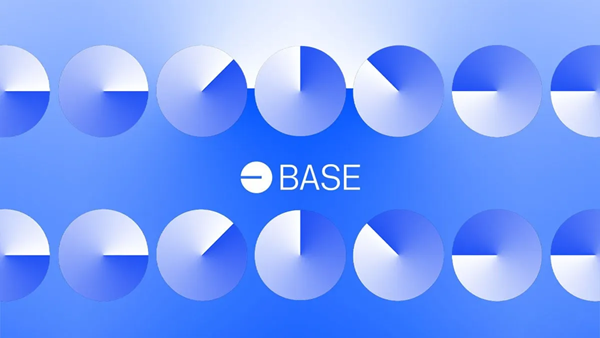Web3 Game “CryptoQuest” Leaves Arbitrum Network, Chooses Solana for Performance Reasons – Controversy Erupts

Arbitrum Network Architect Defends System, Blames Development Team for Programming Errors
CryptoQuest, a Web3 role-playing game with a “play-and-earn” mechanic that has been gaining traction on social media, has announced that it is leaving Layer-2 Arbitrum and moving entirely to Layer-1 Solana.
The announcement comes after a series of serious technical issues on launch day, including a series of transaction errors, network lag, and gas price spikes. CryptoQuest’s development team believes that Arbitrum failed to meet the pressure of the huge number of players and transaction volume in the first hour.
“We experienced a critical moment of disruption due to network congestion,” the development team shared in a post on X on Wednesday. “The user experience was severely impacted, which is unacceptable for a fast-growing game like CryptoQuest.”
While they initially thought the issue might be due to a user interface (UI) bug, after analysis, the team confirmed that a sudden surge in traffic was the main cause, causing order congestion and transaction failures that lasted for more than 40 minutes.
Solana chosen as the “new home”
CryptoQuest asserted that the Arbitrum network, despite its scalability, still encounters bottlenecks when it comes to processing tens of thousands of on-chain transactions simultaneously, especially in real-time gaming environments.
“Solana has proven that it can handle large-scale, user-centric applications,” said a CryptoQuest representative. “We found that the majority of our gaming community is familiar with Solana and does not want to use cross-chain bridges.”
Arbitrum Reacts
Shortly after the announcement, Arbitrum’s chief network engineer Daniel Sayers responded directly on X: “Arbitrum is not broken. The system is still processing millions of transactions/day. The problem lies in the way CryptoQuest built the application – they did not optimize the interface and contracts for real-world needs.”
Sayers said that the Arbitrum team proactively reached out to CryptoQuest before the launch to provide technical documentation and monitoring tools but did not receive a timely response.
According to L2Beat data, the total value locked (TVL) on Arbitrum is currently $4.2 billion with over 2 million active addresses, indicating that the platform is still widely trusted by the community.
Community Divided
The news of CryptoQuest leaving Arbitrum has sparked controversy in the Web3 community. Some people support the development team’s “brave” move to choose a platform with better performance. However, many people criticized CryptoQuest for “blaming” the network while not releasing clear technical data.
Veteran Web3 developer @JunoBytes commented: “The way CryptoQuest implemented the contract was too ambitious, not taking into account the necessary infrastructure. Launching three tokens and expecting a market capitalization of $100 million on day one is unrealistic.”
However, with the decision to move to Solana – which is currently the “holy land” of many Web3 games such as Aurory, Star Atlas – CryptoQuest is still expected to regain its momentum. The development team said they are planning to relaunch next month with an improved interface and smoother experience.
